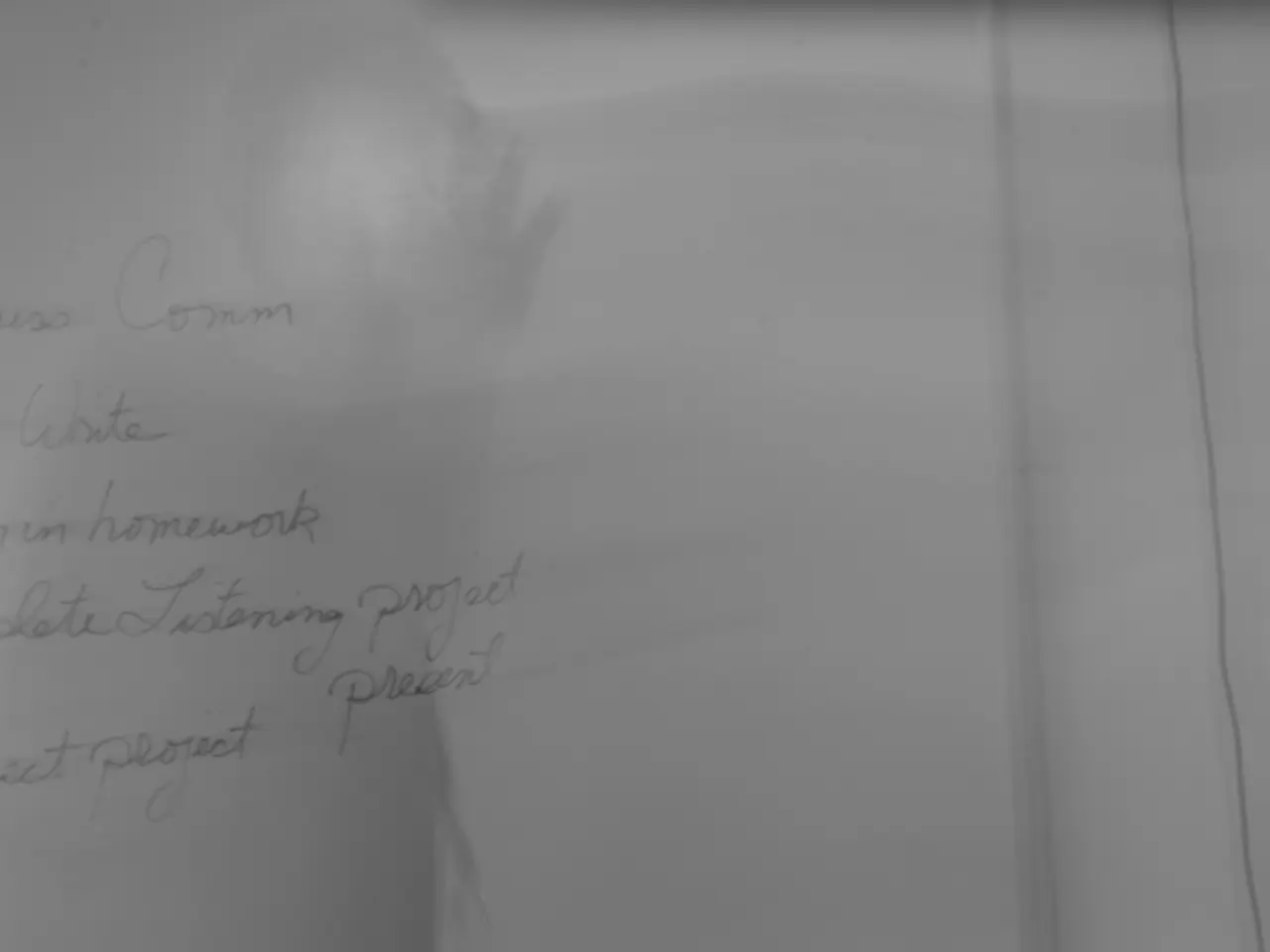Accumulating wealth is increasingly becoming the outcome of personal savings strategies.
Zero-Interest Trap and Increased Savings Rate in Germany Erode Real Purchasing Power
In Germany, a combination of low or near-zero interest rates and increased savings rates has led to a reduction in the real purchasing power of consumers. This situation arises because the returns on savings remain minimal while inflation or price levels do not decline proportionally.
The zero-interest trap, as it is called, is a result of interest rates set by the European Central Bank (ECB) and reflected in German bond yields remaining low. Even though recent increases in German 10-year bond yields have neared 3%, these remain structurally low compared to historical norms, signaling a low-return environment for savers.
Increased savings rates occur when consumers save more as a precaution amid economic uncertainty or weak consumption outlooks. However, if returns on those savings are negligible due to zero or near-zero interest rates, savers experience a loss in their real purchasing power because their savings do not grow sufficiently to keep pace with inflation or cost increases.
In Germany's case, inflation is moderating but remains near the ECB's 2% target, meaning prices are still rising modestly even as interest income is negligible or negative in real terms. This dynamic exacerbates purchasing power loss, since money saved earns little to no interest while costs rise, effectively eroding wealth.
Fiscal stimulus efforts involving increased public spending and shifts in bond yields indicate attempts to boost growth. However, low consumer confidence and uncertain trade environments, including tariffs impacting exports, may hold back domestic demand, further encouraging precautionary savings rather than spending.
The key effects on purchasing power in Germany can be summarised as follows:
- Zero or very low interest rates: Return on savings is minimal or negative in real terms, eroding wealth.
- Increased savings rate: More saving but with low returns, reducing consumption and limiting growth.
- Inflation near 2% target: Prices rise moderately, reducing the real value of money saved.
- Fiscal stimulus and borrowing: Supports growth but delayed effects mean short-term pressure on consumer finances.
- External trade pressures: Weakening export sector adds uncertainty, reinforcing cautious consumer behavior.
According to a study by Oscar A. Stolper, a professor at Philipps-Universität in Marburg, savers in Germany are facing a real loss of wealth that many may not have experienced before. The share of income in wealth growth in Germany fell by 5 percentage points to 19 percent in 2020 compared to 2019. Savers with sight deposits in Germany lost about 79 billion euros in purchasing power from 2017 to 2020.
The share of time and savings deposits in total financial wealth in Germany fell slightly by one percentage point from 2019 to 2020, as mentioned earlier. On the other hand, the share of equity investments in Germans' total financial wealth increased by 0.7 percentage points to 11.6 percent in 2020, which is the highest value in over twelve years.
Around 2 trillion euros in Germany is in cash or parked in checking or savings accounts, which is 229 billion euros more than in 2019. If we exclude capital-forming insurance products, the capital growth in 2020 was just 1 percent in Germany, compared to 47 percent in 2011.
In 2020, only the amount saved contributes to wealth growth in Germany, as opposed to the past when wealth increased mainly through interest. Inflation is picking up again, which could have significant impacts on purchasing power loss in Germany. Someone who invests 10,000 euros at an inflation rate of 2 percent and an interest rate of 0 percent in Germany will lose around 1,797 euros in purchasing power over ten years.
In conclusion, the combination of a zero-interest monetary environment and higher savings rates leads to a real purchasing power loss in Germany. This situation can further suppress economic growth and consumption, as savers do not get adequate returns to offset inflation, and economic uncertainty encourages holding cash over spending.
- Wealth management and personal finance strategies in Germany need to adapt to the current zero-interest environment, as the minimal returns on savings and moderate inflation are eroding real purchasing power.
- In light of the increasing savings rates and the low-return environment for investors, the importance of alternative investment avenues such as equity investments has surged in Germany, providing an opportunity for wealth-management professionals to guide individuals towards more profitable investment options.




